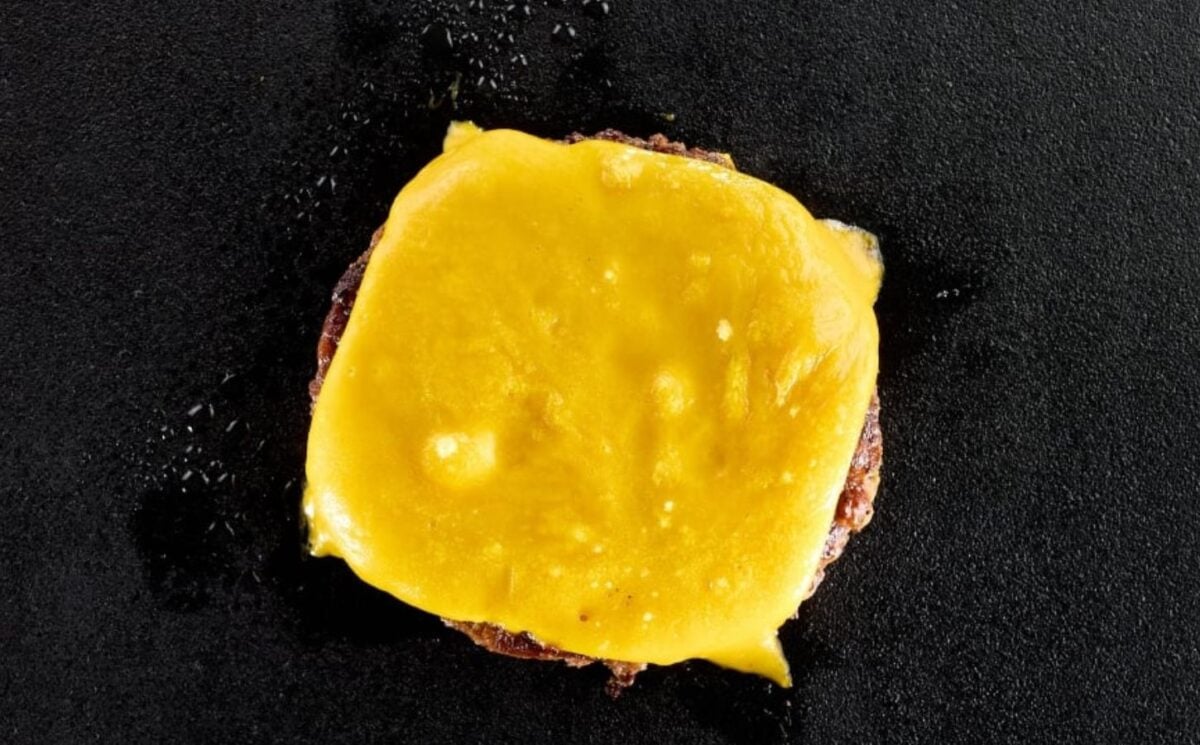Scientists have analyzed the interactions between protein and fat in vegan cheese to find the best combination for texture, functionality, and nutrition.
In a new study, the researchers from the University of Guelph combined protein isolates from lentils, peas, and fava beans with different amounts of coconut and sunflower oils. They found that blending pea protein isolate with 25 percent coconut oil and 75 percent sunflower oil matched or surpassed the functionality of cheese made with pea protein and 100 percent coconut oil.
Read more: Company Develops Protein-Based Sugar Alternative
The 25 percent coconut oil blend had good firmness, meltability, and stretchability. Meanwhile, increasing the proportion of sunflower oil and lowering that of coconut oil reduced the saturated fat content.
“Ultimately, we want to improve the nutrition, increase the protein content, and lower the saturated fat content of cheese alternatives,” lead researcher Alejandro Marangoni said in a statement. “But keeping all the functionality in there, which includes the melt and the stretch of the ‘cheese,’ is very difficult.”
Knowledge of plant proteins lacking

Marangoni said that while there is reasonably good understand of how milk and meat proteins behave, the same is not true for plant proteins. “There is also a huge variety of different plant proteins, each one very different from another,” he said.
Several companies have been exploring other plant-based ingredients that can achieve the desired meltability and stretch in vegan cheese. Danish co-operative KMC has created a range of potato-based modified starches to be used by plant-based cheese makers for that purpose. Belgian food tech company Those Vegan Cowboys has launched an animal-free casein made with precision fermented microbes.
Read more: Scientists Are Using AI To Improve Vegan Meat Alternatives






